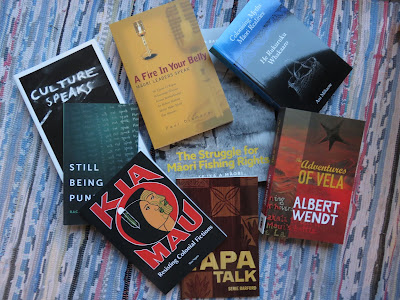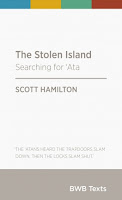The Trigger, Tim Butcher (London, 2014) A book review by Barrie Sargeant, published in Aargh #4 2014 was the centenary of the outbreak of World War 1. In New Zealand “World War I” means Gallipoli and the Western Front. That’s where most of the ANZACs spent their time so that has become the area of interest in this part of the world. It’s understandable that this has happened but it means other aspects of the war are less known or understood. For example, how did it start? According to Baldrick in Blackadder “ I heard that it started when a bloke called Archie Duke shot an ostrich ‘cause he was hungry ”. Nice try, but a bit wrong. The truth is, the assassin was a man called Gavrilo Princip, part of a group of Bosnian nationalists who shot Arch-Duke Franz Ferdinand of Austro-Hungary when visiting his empire’s outpost in Sarajevo. With millions of people across whole continents having died or been wounded, very little attention has been paid to Princip as an individual. Who was he and w




